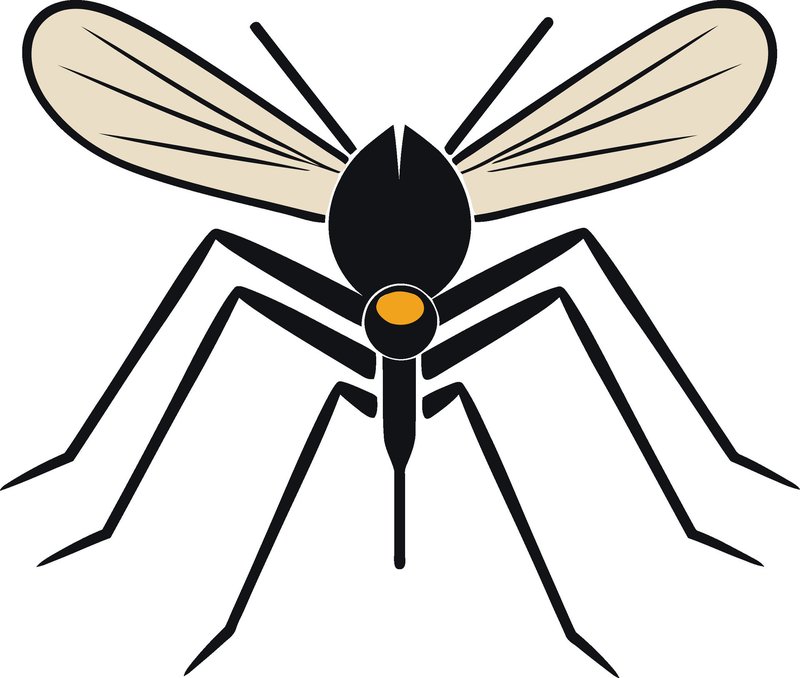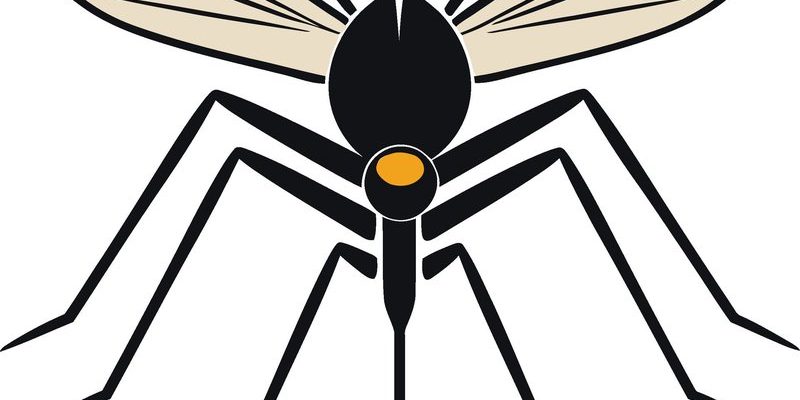
Imagine for a moment that a mosquito is like a misunderstood character in a story. At first glance, it looks bothersome; we often want to squash it. But if we dig a little deeper, we discover that this little fiend plays a huge role in many cultures, representing everything from transformation to survival. So, let’s dive into understanding the fascinating cultural symbolism of the mosquito, and see how this tiny creature weaves itself into the fabric of our lives.
The Mosquito as a Symbol of Transformation
One of the more surprising aspects of mosquitoes is their connection to transformation. In some cultures, these insects symbolize the cycle of life and death. Just as a butterfly undergoes a metamorphosis, mosquitoes transform through various stages—from egg to larva, to pupa, and finally to the adult mosquito. This process reflects broader themes of change and evolution.
You might be wondering why this matters. Well, in different mythologies, mosquitoes often signify that change is a natural part of life. For instance, in certain Indigenous cultures, the mosquito is a reminder that every creature plays a role in nature’s intricate web. Rather than viewing them as mere nuisances, people are encouraged to see mosquitoes as part of a larger cycle of existence.
This perspective can be really liberating. It invites us to embrace change in our own lives, much like how nature adapts and evolves. So, the next time you hear that annoying buzz, consider the transformative journey of the mosquito and what it might reflect about your own experiences.
The Mosquito in Art and Literature
Throughout history, mosquitoes have found their way into various forms of art and literature, embodying themes of annoyance, beauty, and even mystery. In literature, these creatures often represent the fragility of life and the constant presence of danger. Authors use mosquitoes to illustrate how something so small can create big problems, just as they do in our everyday lives.
Take, for example, the way mosquitoes are often depicted in horror stories or thrillers. They can symbolize unseen threats, lurking just out of sight, ready to strike when you least expect it. This gives them an eerie quality, making them perfect antagonists in tales of survival or fear.
On the flip side, artists have also captured mosquitoes in stunning ways, showcasing their delicate features. These works of art serve as a reminder that beauty can be found even in the most annoying of creatures. It’s fascinating how mosquitoes can inspire a range of emotions—fear, admiration, and everything in between.
Cultural Myths and Folklore
Around the globe, mosquitoes are steeped in mythology and folklore. In some African cultures, mosquitoes are depicted in stories as messengers or guides who help connect the living with the spirit world. This belief highlights their role in the cycle of life, emphasizing that even pest-like creatures can hold significance.
In contrast, many Asian cultures often view mosquitoes as pests deserving of disdain. They symbolize trouble and discomfort, much like they do in Western cultures. This duality shows how symbols can shift based on cultural context, making them a fascinating subject for exploration.
These stories and beliefs serve to illustrate how humans relate to the natural world. They challenge us to reconsider what we think we know about mosquitoes, pushing us to look beyond their buzzing annoyance to understand the broader implications of their existence.
The Mosquito and Survival
From a survival standpoint, mosquitoes are more than just irritants. They can represent resilience and adaptability, traits that are essential for survival in any environment. Mosquitoes thrive in challenging conditions, showcasing how life can find a way even in the harshest circumstances.
In survival literature and conversations, these little insects often symbolize the importance of being vigilant and prepared. Just like how mosquitoes constantly seek out hosts for their survival, humans must navigate life with an awareness of potential threats and opportunities. This parallel can be quite thought-provoking, especially when considering our own strategies for thriving in a complex world.
Additionally, mosquitoes play a critical role in the ecosystems they inhabit. While they may seem like mere pests, they contribute to the food chain, serving as food for various species, including birds and bats. This interconnectedness reminds us that every creature, no matter how small, has its place in the grand scheme of life.
Mosquitoes and Environmental Concerns
With the increasing awareness of environmental issues, mosquitoes have also become symbols of bigger challenges we face today. They’re often at the center of discussions around climate change, especially as their populations can be impacted by environmental shifts. This makes them emblematic of the balance we must maintain with nature.
Through the lens of environmental symbolism, mosquitoes highlight the consequences of our actions on ecosystems. When populations rise or fall dramatically, it’s not just about irritation; it’s a signal of larger environmental shifts. This symbolism serves as a wake-up call for many, urging communities to recognize the importance of caring for the environment.
Advocating for sustainable practices can also be linked back to our understanding of mosquitoes. Just as these insects thrive in various environments, we must learn to adapt our behaviors to protect our planet and all its inhabitants. It’s a reminder that our choices have far-reaching effects.
Mosquitoes in Modern Culture
In today’s fast-paced world, mosquitoes have also carved out their niche in pop culture. Think of how many movies and shows feature them as comical or villainous characters. They can represent the annoyances of modern life, often depicted as metaphorical representations of challenges that arise unexpectedly. It’s like when you’re in the middle of a fun barbecue, and one buzzes right in your ear, throwing off the good vibes for a moment.
You might also notice how fashion and design have embraced mosquito motifs. They pop up in patterns, artwork, and clothing, adding an unexpected twist to the way we view these insects. It’s interesting to see something so commonly swatted away become an artistic choice, encouraging a shift in perspective.
Moreover, social media has transformed how we discuss mosquitoes, turning them into memes that humorously capture our frustrations. This lightheartedness allows people to connect over shared experiences, helping us cope with the annoyances of life in a playful way.
So, there you have it—mosquitoes are far more than just annoying bugs. They symbolize transformation, resilience, and the complex relationship humans have with nature. While they may irritate us on hot summer nights, they also remind us of the delicate balance of life and the interconnectedness of all creatures.
By understanding the cultural symbolism of the mosquito, we can appreciate these little insects in new ways. Next time you hear that buzzing sound, take a moment to reflect on the lessons they might hold—about change, survival, and the environment. In doing so, we embrace the beauty of life in all its forms, even the ones that may buzz around us a little too close for comfort.

